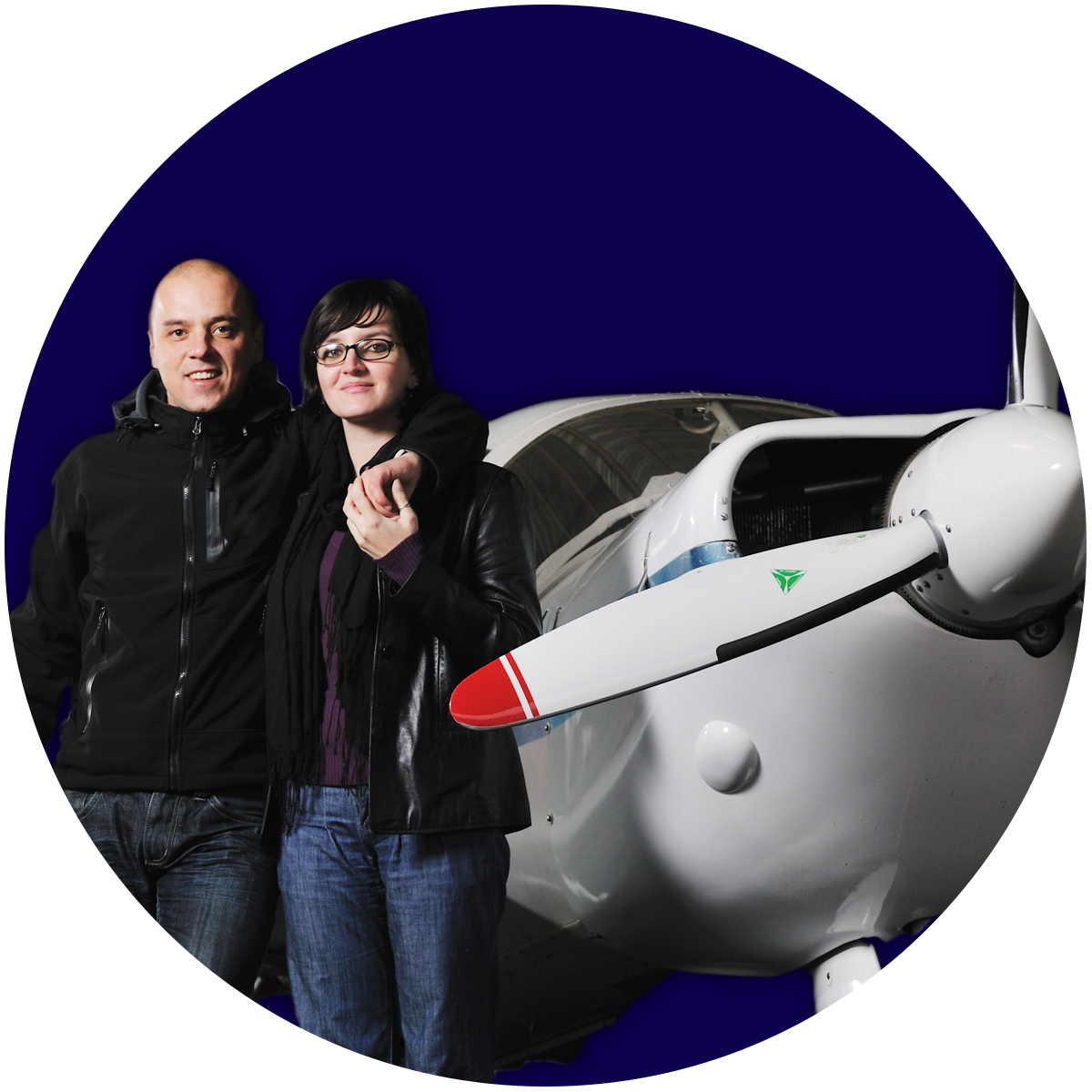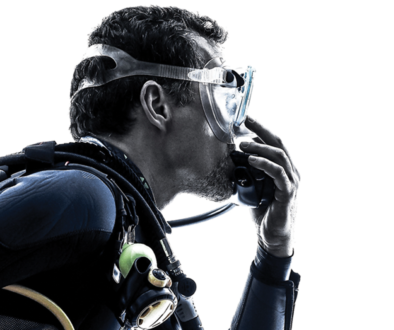NOAH Private Pilot?
If you’ve ever said you were “leaving the FBO headed to the apron after checking the met and preparing
for crosscheck”, then a. You sound really cool, if you ask me, and b. You just might understand the language of the private pilot.
I LOVE this Noah Program, for a bunch of reasons. For starters, most private pilots should have a healthy amount of life insurance. It can be a risky hobby. In addition, many in this world have a higher ‘premium tolerance’—this isn’t a sport for the masses. These suckers are expensive. But perhaps the biggest reason I love this program is the OPPORTUNITY.
So here is…


- As mentioned above, this is a fairly small group of individuals, but there’s a very real need for
coverage, and chances are, a very real level of premium tolerance. - Most pilots don’t have the right coverage. Flying has so many variables—is the client ‘instrument rated’? Do they fly for pleasure only? What type of license do they hold? What’s their experience level (in hours)? How about their anticipated hours? With all these questions, and the changing dynamic, many policies are not the right fit—and thereby ripe for a review.
- Have you ever heard of the AOPA? Neither had I, until Google helped me about 10 minutes ago. It’s the Aircraft Owners and Pilots Association. And you’ll never guess what they have…they have
- Meetings!
- And a website!
- And a magazine!
- And links, like crazy, to other groups, clubs and associations!
- I think I know where to look for private pilots, incidentally…
Last time I checked…
Regional airports were a really cool place to visit. Bring your kids. Talk to the staff. Have a sample ad
ready to show them. Experience as a pilot yourself is helpful, but not necessary. This is a group that
couldn’t be easier to find.
UNDERWRITING NOTES:
Private pilot clients can qualify as preferred if they:
Meet all preferred criteria and other criteria described in Underwriting Guidelines, have an instrument flight rating or 1,000 total flight hours, fly between 25 and 250 hours a year in the U.S. and Canada, demonstrate a clean motor vehicle record, and are under age 70.


